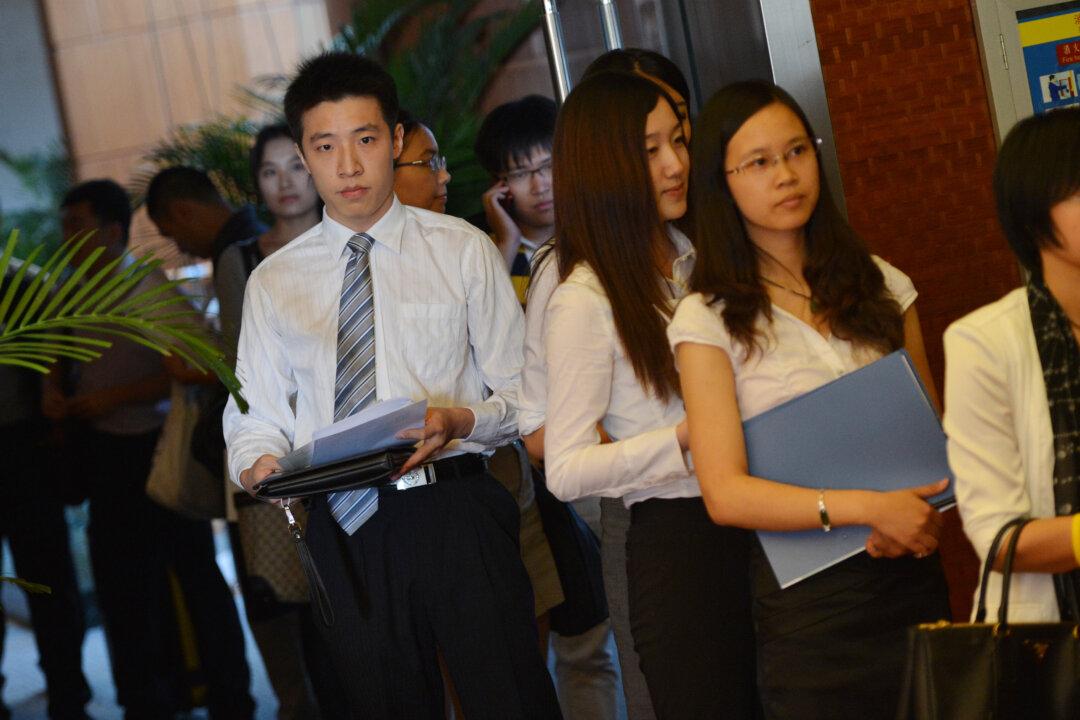As the FBI handles the threat of China’s espionage with ever-growing scrutiny, Beijing is rolling back its “Thousand Talents Plan”—an ambitious initiative to attract foreign experts to China.
The Thousand Talents Plan, a state recruitment program also known as the “Recruitment Program of Global Experts,” is of particular concern for U.S. officials. Established by the Chinese communist regime in December 2008 to bring academics and researchers to China, the program has been described by the U.S. National Intelligence Council as a means of enabling technology transfer to China from the United States.




